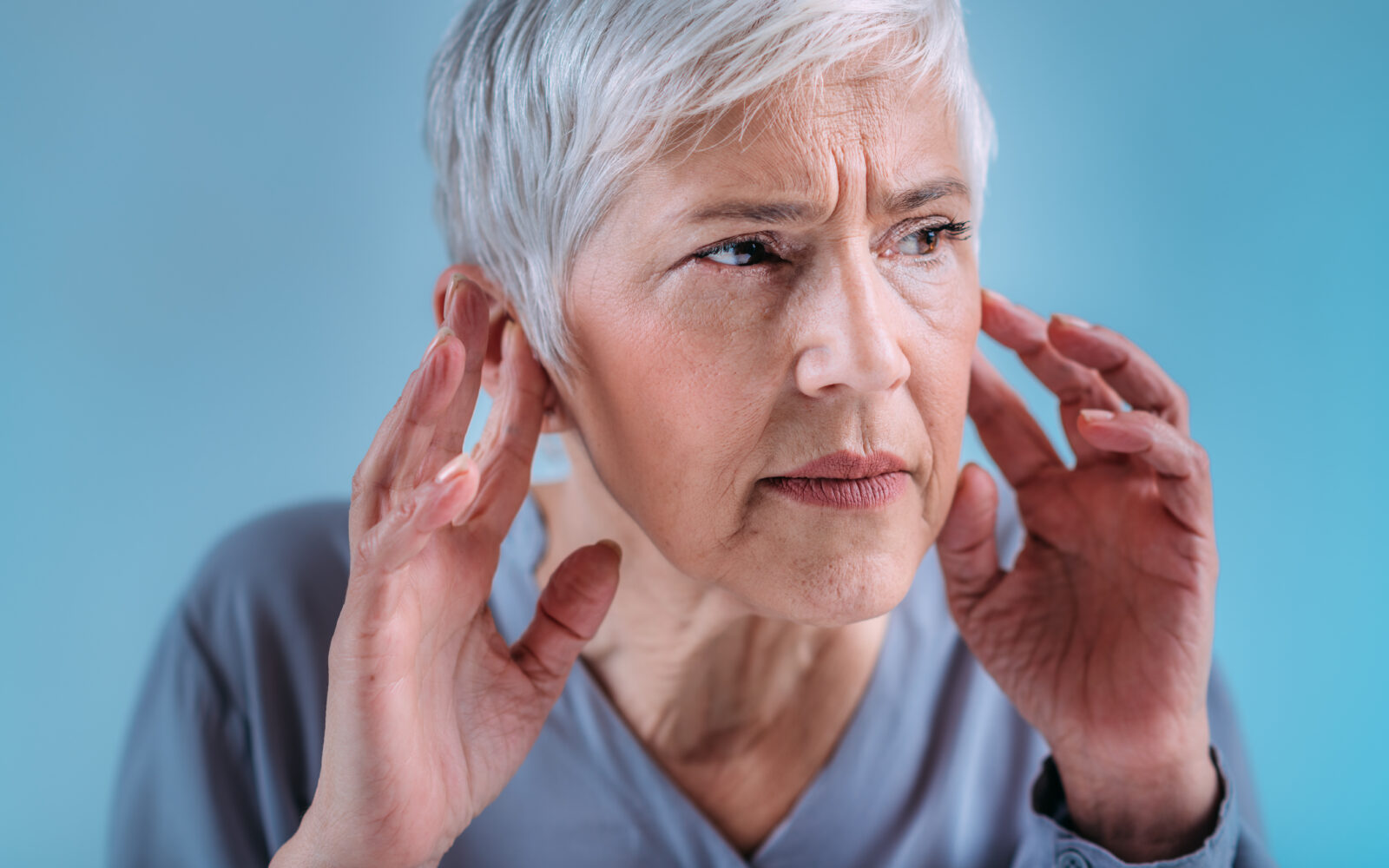What is Otosclerosis?
Otosclerosis is a rare, abnormal bone growth in the middle or inner ear


Otosclerosis is a rare, abnormal bone growth in the middle or inner ear

Hearing loss is a growing public health crisis affecting millions. Young

Hearing loss is a growing public health crisis affecting people of all